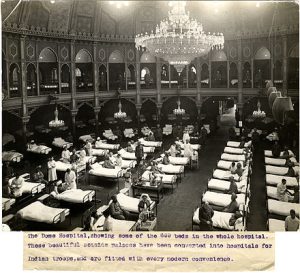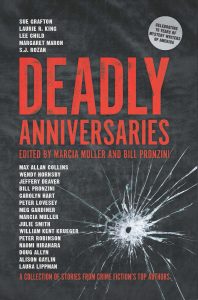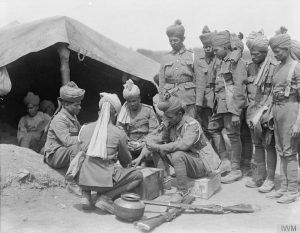DEADLY Pub Day!
Deadly Anniversaries comes out today!
(And congratulations, Ellen, Richard, and Pat—you’ve won the hardback!)
When the Great War began, in August of 1914, the British Army had about 250,000 regulars. It took time to train new troops, and in the Kaiser’s first push, the Brits would have been hard put to hold fast, but within six weeks, 150,000 experienced Indian soldiers arrived.
But in the minds of every British officer was the memory of the Indian Mutiny, when the Sepoys rose up, triggering terrible slaughter on both sides. The final offense had been the tallow used to grease rifle cartridges, repugnant to Muslim and Hindu soldiers alike, but that was only the spark that lit a generation of accumulated tinder.
In the Great War, the British Army remembered. Those Indian Army soldiers were desperately needed, and although they couldn’t do much about the climate in northern France, they did take care to consider and respect their actual needs.
Which meant that starting in December 2014, when a wounded Indian soldier was evacuated from the field hospital to longer-term care, he would wake up here:
I imagine most of them thought they were hallucinating.
The Brighton Pavilion was built in the late 18th century, but was turned into a mock-Moghul profusion of domes and minarets by one of the most prominent architects in London, John Nash. This was a place where a working-class Indian lad would feel at home, right? But as I said, Britain’s officers had learned the painful lessons, and they not only wouldn’t feed a wounded Hindu soldier beef, or put pork in front of a Muslim, they set up a series of individual kitchens for the various religions and gradations of caste. Muslims were given a space to pray facing Mecca, Sikhs had a gurdwara. Muslims who died were taken to a nearby mosque, while the Hindus and Sikhs were taken to an actual burning ghat, built for them in the hills above Brighton.
When Bill Pronzini and Marcia Muller asked me to write a story on the theme of “anniversaries,” I thought of all those men, dragged thousands of miles from home to fight for a country that hadn’t always shown them the utmost expect, and how vital they proved.
I wanted to tell a story for them.


